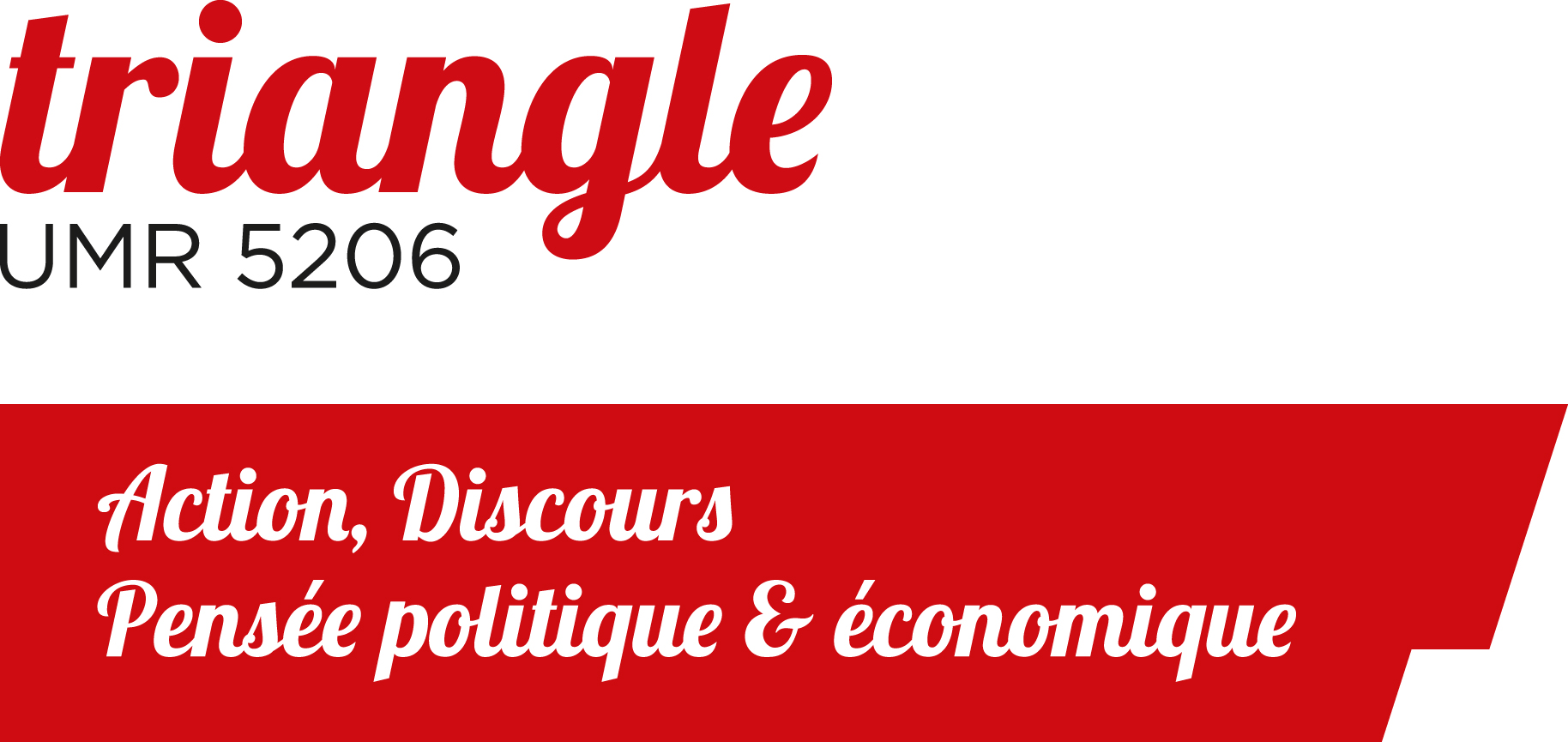
|
LIA’s French Opening Ceremony : Presentation/Hypothesis |
<< Retour à la page du colloque / Back to the main page
Présentation / Presentation
The International Research Laboratory (LIA) CNRS-CASS “Post-Western Sociology and Fieldwork in China and France”, established in 2013, is the result of a very dynamic and excellent scientific cooperation between CNRS and Institute of Sociology, Chinese Academy of Social Sciences (CASS). The aim of the LIA is to contribute to analysis of the ways in which sociological knowledge is produced and deployed over time in China and France. The intellectual engagement results from a very intensive program of cooperation between Chinese sociologists and French sociologists since 2006.
Institute of Sociology, Chinese Academy of Social Sciences (CASS) and Triangle “Action, Discourses, Political and Economic Thought” CNRS are supporting the LIA. Professor Li Peilin, Vice-President of Chinese Academy of Social Sciences (CASS), and Professor Laurence Roulleau-Berger, Research Director at CNRS, ENS Lyon, are co-Directors of the LIA.
The department of sociology of Peking University, the department of sociology of Nanking University, and the department of sociology of Shanghai University are LIA’s partners and signatory institutions.
We thought that a comparative approach to the ways in which paradigms and theoretical methodologies are put into practice in France and China, taking as a starting point clearly defined research situations, would lead to the production of new sociological knowledge. The aim of this LIA is to contribute to analysis of the ways in which academic knowledge is produced and deployed over time. Taking as its starting point sociological research over the past 30 years and, more specifically, a comparison of academic trajectories and research practices between France and China, the program aims to produce, on the basis of Chinese and French sociology, a common and conceptual space.
Our central hypothesis is
The processes by which sociological knowledge is produced in France and China vary in academic trajectory, posture and theoretical methodologies, which define specific spaces and shared spaces on the basis of research practices. As sociology becomes internationalised, the specific spaces and the shared spaces come into being on the basis of situated intellectual traditions, exchanges, borrowings and the appropriation of produced and inherited knowledge as well through the rejection, effacement or re-exporting of sociological knowledge that sometimes appears to be universal and sometimes becomes specific. Specific spaces and shared spaces in France and in China are producing Post-Western sociology and transnational knowledge.
The LIA aims to reveal the dynamics of knowledge exchange, evaluation and hybridization that have developed beyond the hegemonic Western models, disrupting and challenging them. This approach will enable us to identify the points at which sociology constructed in France and those produced in China meet, overlap and cross-fertilize each other. The challenge that has developed over the past 20 years is a major one, revolving as it does around the question of the international visibility of non-Western knowledge in order to make progress in the production of new knowledge about local societies and the global society. As knowledge circulates and becomes globalised, new centres and new peripheries are formed, giving rise in turn to new hierarchies that emerge discreetly and in which rivals compete to develop innovative knowledge.
In our LIA‘s program we have defined five themes :
- Traditions, controversies and trajectories of sociology in France and China
- Issues around designation and categorization in sociology
- Societies narratives, individuation and biography
- Contexts, situations and cross-cultural perspectives
- Academic knowledge and common knowledge
The Chinese LIA’s Opening Ceremony at CASS, Beijing, in 2013 on November the 9 and the 10th was opened with two conferences :
- on november the 9 with Traditions, controversies and trajectories of sociology in France and China (part 1)
- on november the 10 with we have developed a cross-cultural perspectives on the topic of Cities, risks and disasters : new experiences in China and France (theme 4)
The French LIA’s Opening Ceremony at CASS, Lyon in 2014 on January the 23 and the 24 will be opened with two conferences :
- on January the 23 with Traditions, controversies and trajectories of sociology in France and China (part 2)
- on January the 24 with Uncertainties, Social Conflict and Mobilizations in China and in Europe
<< Retour à la page du colloque / Back to the main page